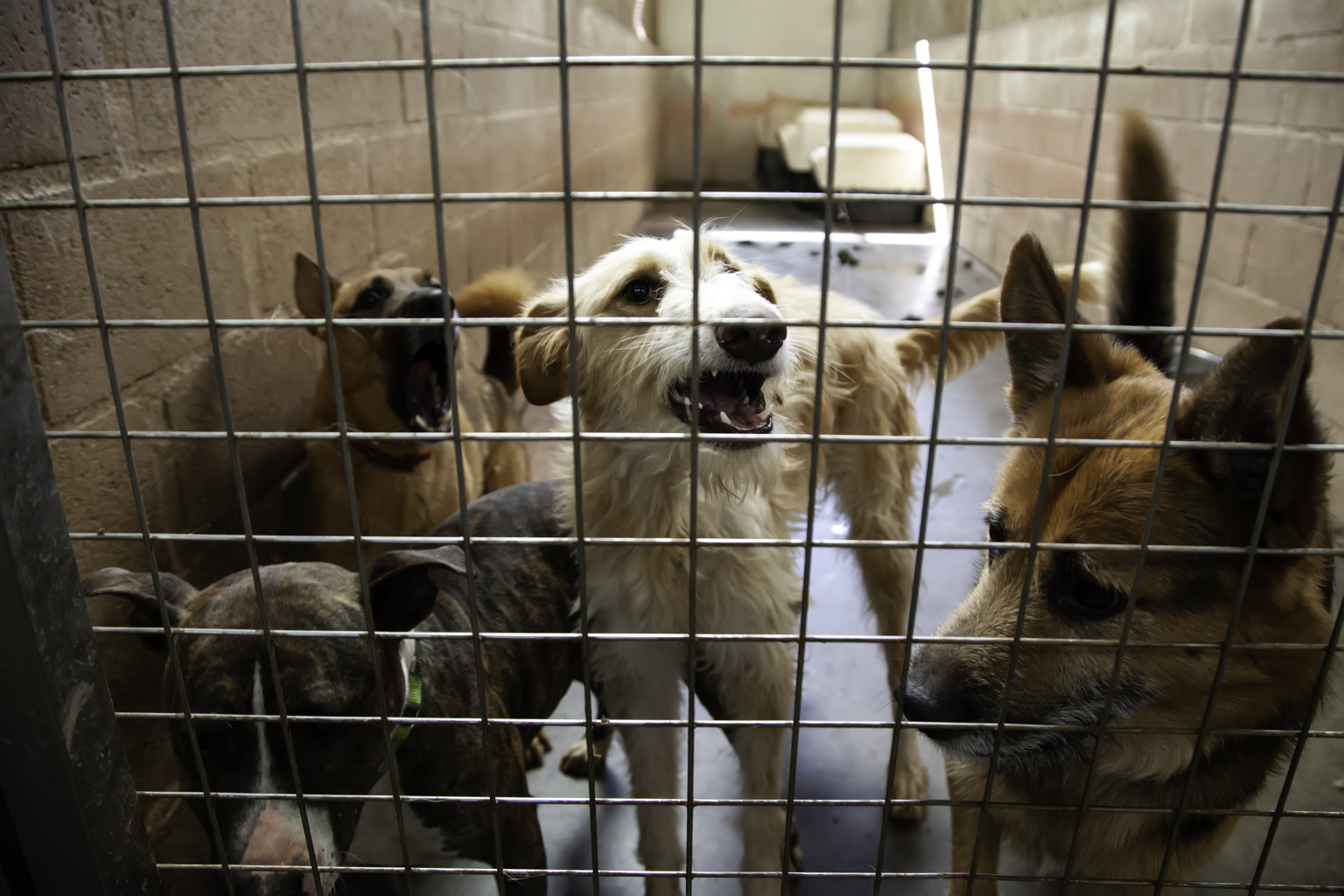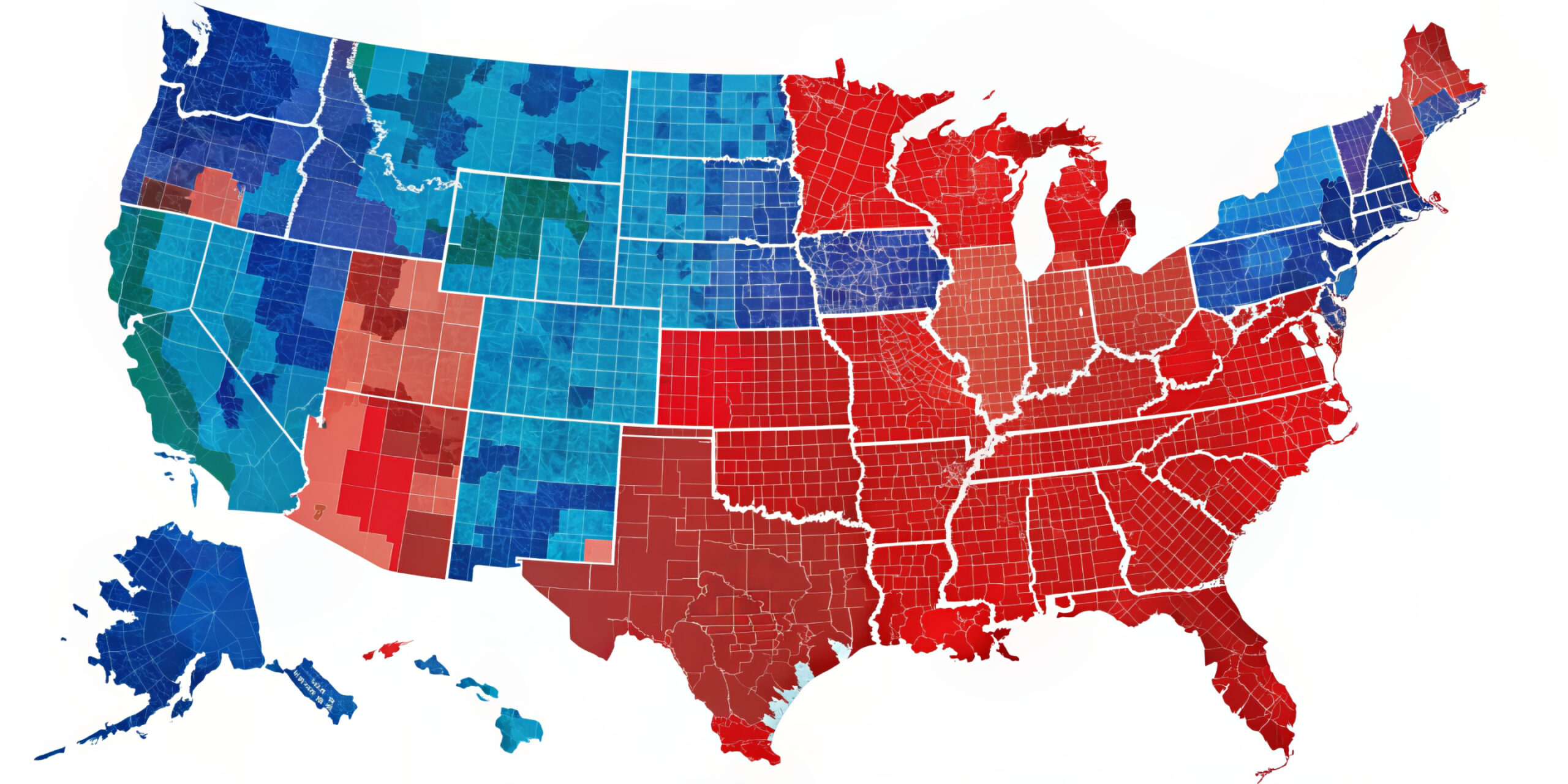Saturday Brain Boost: What Elephants Really Think of Humans

You might think of elephants as giant, lumbering animals—majestic, yes, but distant. After all, they live in far-off savannas and forests, weigh several tons, and tower over us. But here’s a surprising twist that flips the whole dynamic: elephants think we’re cute.
It sounds like something out of a feel-good nature documentary, but researchers and wildlife observers have increasingly documented elephant behavior that suggests these enormous creatures look at us much the way we look at puppies. Gentle. Harmless. Adorable, even. Unlike most wild animals that view humans with suspicion or as a threat, elephants often respond to us with what seems like genuine affection and curiosity.
There are recorded cases of elephants approaching people not with fear, but with calmness—reaching out their trunks as if to greet them, or even trying to comfort humans who appear upset. One well-known story involves a conservationist who worked closely with a herd of elephants in Kenya. After his passing, the elephants walked miles to his home and stood silently outside for hours, mourning in a ritualistic way that mirrors how they grieve for their own.
It’s easy to assume that animals act purely on instinct, but elephants defy that idea at almost every turn. They display a depth of emotion that rivals our own. They mourn their dead, form lifelong bonds, recognize themselves in mirrors, and even show signs of PTSD after trauma. So when an elephant chooses to approach a human with gentleness instead of fear, there’s reason to believe it’s more than coincidence.
Scientists speculate that part of the reason elephants might view us fondly is their extraordinary social intelligence. They operate within tight-knit family groups led by matriarchs, communicate using low-frequency sounds that travel for miles, and remember faces and locations for decades. Their brains are massive—not just in size, but in complexity—and the parts responsible for emotion and memory are especially well-developed. That gives them a kind of emotional radar that picks up on our energy and intentions. They seem to know when we’re being kind. And they respond in kind.
Of course, it’s important to remember that elephants are still wild animals and deserve our respect. Not every encounter is safe or appropriate. But the fact that they’re capable of making such distinctions—of knowing which humans to trust, and treating them with care—is a testament to just how intelligent and emotionally aware these creatures really are.
It also raises a bigger question: what if we’re not the only species capable of compassion across species? We often talk about “protecting animals” as if they’re fragile or simple. But maybe animals, like elephants, are also looking out for us. Maybe they see something in us—something vulnerable and worth protecting—that we don’t always see in ourselves.
That idea alone is enough to lift your Saturday. In a world filled with bad headlines and broken news cycles, there’s something incredibly grounding about knowing that somewhere out there, a creature ten times your size might look at you and feel… tenderness.
It’s a beautiful reminder that kindness isn’t exclusive to humans. That empathy isn’t an invention—it’s a connection. And that sometimes, the ones we think we’re protecting are quietly protecting us right back.
So today, take a moment to look at the world through softer eyes. Smile at someone. Help without being asked. Lead with gentleness. Who knows—maybe an elephant would be proud of you.
Because in the end, it turns out we might not be the emotional giants we think we are. But we are, apparently, very cute.
RECENT










BE THE FIRST TO KNOW
More Content By
Think American News Staff









